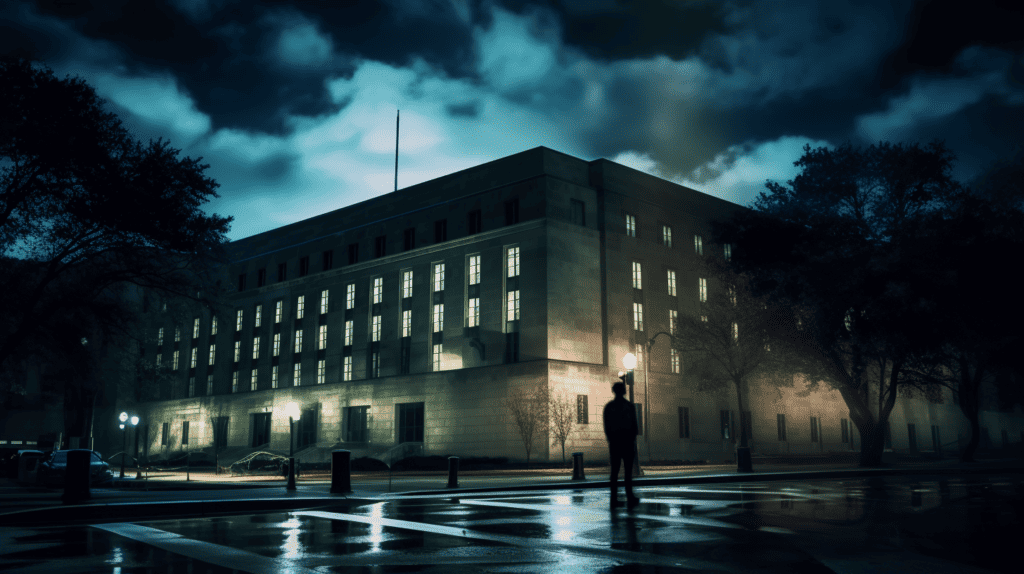On Monday, special counsel John Durham released his long-anticipated report, casting doubt on the Federal Bureau of Investigation’s (FBI) decision to launch a full-scale investigation into connections between Donald Trump’s 2016 presidential campaign and Russia. This exhaustive 300-plus page report, while sharply criticizing the FBI and the Justice Department, does not recommend any new charges or propose any “wholesale changes” to the handling of politically sensitive investigations.
The report’s release marks the conclusion of an investigation that saw the special counsel’s office conduct over 480 interviews and review more than one million documents, amounting to over six million pages. In addition, 190 grand jury subpoenas were issued during the course of the investigation.
One of the key findings of the Durham report is the assertion that the FBI rushed into launching a full-scale investigation, despite having reasons to open a preliminary review or investigation. Durham criticizes the FBI for failing to uphold its “important mission of strict fidelity to the law,” especially concerning events and activities described in his report.
The report boldly contends that the federal investigators lacked any actual evidence of collusion between Trump’s 2016 campaign and Russia before launching the lengthy probe into the matter. This finding lies at the heart of Durham’s most scathing criticism of the FBI’s decision to start a full investigation.
According to the report, the FBI failed to take several preparatory steps before initiating the Trump campaign investigations, such as interviewing pertinent witnesses, reviewing its own intelligence databases, or using standard analytical tools typically employed for evaluating raw intelligence. Durham suggests that had the FBI taken these steps, it would have found that US intelligence agencies possessed no evidence tying Trump to Russian leadership officials.
The Durham report also highlights claims of bias within the FBI personnel closely involved with the matter, pointing to a “predisposition to open an investigation into Trump.” Key individuals mentioned in this context include former FBI Deputy Director Andrew McCabe and Peter Strzok, the ex-deputy director of the counter-intelligence division.
Furthermore, the report introduces the notion of differing standards employed by the FBI concerning Trump and Clinton. According to Durham, the FBI used “raw, unanalyzed, and uncorroborated intelligence” to launch the investigation into Trump and Russia, dubbed “Crossfire Hurricane.” In contrast, a separate standard was applied when dealing with potential election interference concerns related to Hillary Clinton’s campaign.
Finally, the report criticizes the FBI’s usage of the controversial Steele dossier, an unverified document containing allegations about Trump’s connections to Russia, to secure surveillance warrants against a former Trump campaign adviser. Durham’s report concludes that the Crossfire Hurricane investigation “did not and could not corroborate any of the substantive allegations” contained within the Steele dossier.
If you want to see more, check out this video below. They covered a lot of ground:
- The Durham Report, & why it changes the national discussion
- Was Durham’s true purpose to expose just how far gone the US gov’t is into corruption?
- The new Kari Lake trial now underway in AZ
- Biden AWOL in Africa peace talks
& more!
